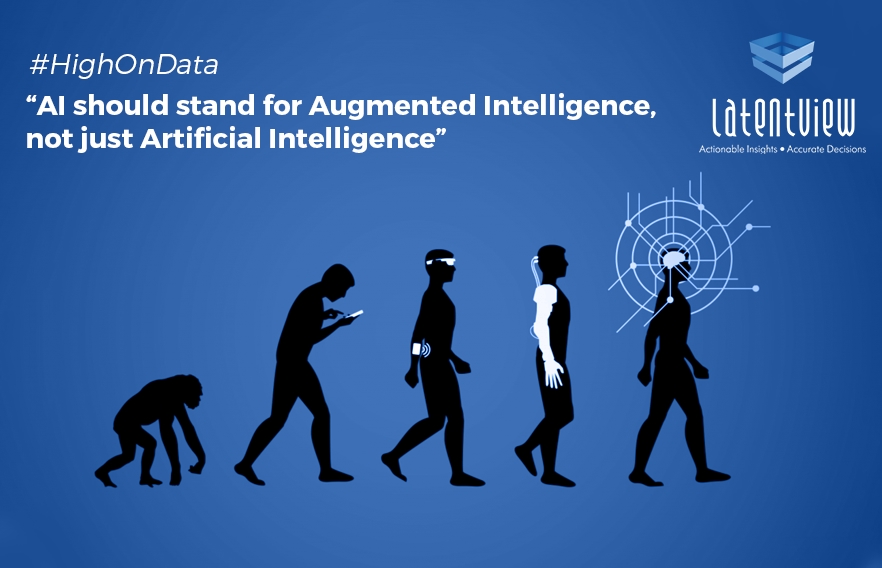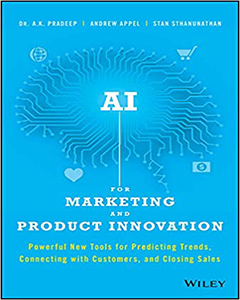In his recently co-authored book – AI for Marketing and Product Innovation: Powerful New Tools for Predicting Trends, Connecting with Customers, and Closing Sales, Stan talks about how companies can lean into the curve and take advantage of AI’s unparalleled and rapidly expanding power. More than a simple primer on the technology, the book goes beyond the “what” to show you the “how.” How can AI and ML can be used in ways that speak to the human spirit? How do we translate cold technological innovation into creative tools that forge deep human connections?
Excerpts from the conversation:
How do you go about implementing AI in a marketing organization? Is it going to initially be around the fringes, enabling efficiency and then getting to the core of the matter? Alternatively, are we looking at this as a real big disruption right upfront?
I would say it is more towards the latter but not entirely in that space. If you put these two facets at opposite ends of a ten-point scale, I would say that the scale definitely tilts more in favor of disruption than playing at the fringes.
To what extent and how do you see this changing the CMO office, specifically from an organization and knowledge perspective?
In my personal point of view, there seems to be a general trend out there which says that you need to relook at the chief marketing officer title. I conceptually do not buy that whole premise. There is a strong need now to focus on bigger picture in an increasingly competitive and complex world. There is a stronger need for good, strong brands and their presence in the market. Therefore, the CMO definitely plays a bigger role than ever before.
That being said, how we operated in the past to how we ought to operate now is changing, and that is primarily due to the digital disruption; but the fundamental activities like connecting with people, making them fall in love with your brand and continue to make them buy your brands regularly vis-à-vis competitor have not changed.
Would it then be fair to say while the core remains the same, it is more the delivery mechanism and the way we adapt and implement it, given the digital disruption, is what it comes down to? From an organizational skill perspective as well, would it mean embedding more digitally savvy people into the processes and operations?
Absolutely. In my own function, there has been a dramatic transformation over the last four years. We now have a team that has upskilled themselves and are digitally savvy. We also have a set of key specialists embedded in the core of the function.
On a related note, can you shed some light on the partner ecosystem and whether they have been able to adapt to the change?
I think the companies who have been partners with us for many years have gone through a significant transformation themselves. They do recognize the need to rise up to the challenge. I would not say that the critical partners are lagging behind in any sense. They have in fact jumped into the pond and are performing very well. We believe partnerships enable organizations to utilize their complimentary skills collectively to unlock real progress.
Are there areas of product innovation or marketing that AI may never impact/be very late to impact? Or is there a need to co-exist with traditional approaches?
Everyone has well and truly embraced the change. We just need more resources to implement this at scale, but that is a good problem to have.
There may be functions which rely a lot more on human judgement, empathy, softer aspects of how we arrive at a decision. Are machines already in a position to adapt to all this or will it always be man + machine?
In my point of view, AI stands for augmented intelligence and not just artificial intelligence. There seems to be paranoia around AI replacing humans. But if you think that way, it will replace you, because you are then harnessing it for all the wrong reasons. If we allow machines to do the grunt work and focus our energies on adding value to the company, we stand to gain tremendously. We need to combine human intelligence with the artificial intelligence of machines to result in augmented intelligence. Man + machine if you will, rather than man versus machine.





